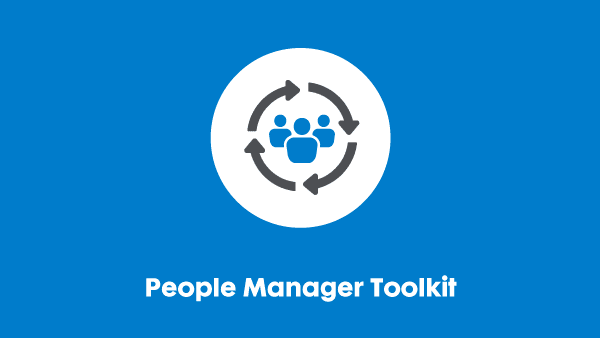Last updated: 23 April 2025
Factsheet – Chronic fatigue syndrome and M.E.
What are chronic fatigue syndrome and M.E.?
Chronic fatigue syndrome (CFS) is also known as myalgic encephalomyelitis (M.E.) or post viral fatigue syndrome (PVFS).
It is a long-term illness with a wide range of symptoms, with extreme tiredness being the most common.
CFS/ME can affect anyone and is most commonly diagnosed in the mid-20 to mid- 40s age range. It is also more common in women than men.
The cause of CFS/ME is unknown, but suspected causes include:
- viral infections, such as glandular fever
- bacterial infections, such as pneumonia
- immune system problems
- hormone imbalances
- mental health problems, such as stress
- genetics.
How does CFS/ME affect an individual?
CFS/ME can affect a person in various ways, including:
- extreme fatigue
- a feeling of being generally unwell
- problems sleeping
- muscle and / or joint pain
- headaches
- sore throat or glands that are not swollen
- difficulty processing information, concentration and memory
- flu-like symptoms
- feeling dizzy or sick
- fast or irregular heartbeats (heart palpitations).
Potential impact on work
CFS/ME can range from mild to severe and will be different for each individual. It can also fluctuate in severity for a person. Those with the condition are usually very proactive in managing their condition.
A person’s work may be affected in the following ways:
- Reduced ability to perform physical tasks
- Difficulty completing tasks that require memory and concentration
- Difficulty travelling to and from the workplace
- Need for more frequent breaks while working
- Inability to perform certain tasks, such as driving or operating heavy machinery
- Impact on mental health – for more information, see our Mental Health Toolkit.
There may be times when the employee may have to take time off work or work from home due to their symptoms or benefit from temporary additional adjustments.

Legal duties
The Equality Act 2010
In the U.K., employers have duties to:
- prevent discrimination, and
- provide reasonable adjustments
for their disabled employees. This means that it is unlawful for employers to treat applicants, job candidates and employees unfavourably because of their disability.
The Equality Act also requires employers to make ‘reasonable adjustments’ for their disabled employees.
Suggested adjustments
The symptoms, triggers and severity of CFS/ME will vary from person to person, and so any proposed adjustments should be discussed and agree upon with the employee. Many employees are highly proactive in managing their condition and may require few if any adjustments.
- If someone experiences dizziness, fainting and/or palpitations, they may need to restrict some tasks such as driving, working at heights, or using machinery. Occupational Health will be able to advise on this, including any mandatory safety restrictions.
- A workstation assessment and training on best practice should be carried out. This should reduce unnecessary pain, stiffness, and fatigue by ensuring an optimal ergonomic posture and regular position change.
- Assistive software and equipment such as for dictation, use of inbuilt accessibility features such as text to speech, screen masking to reduce glare. Alternative mice and keyboards may be helpful.
- Pacing of hours, work and breaks can be very helpful in reducing fatigue.
- Time allowances and private space to carry out any exercises or relaxation techniques to assist with symptom management.
- Flexibility on working hours and locations. If a person experiences significant fatigue in the mornings, a later start may be helpful. Working from home, especially on days when symptoms are worse, can also be beneficial in promoting recovery.
- If excessive physical activity triggers symptoms, then adjustments to allow for the pacing of physical exertion and recovery time may be needed.
- People with CFS/ME may require time off work to attend appointments related to their condition. For example, routine check-ups or treatment appointments.
- Sometimes a person may need to take time off work due to the severity of their symptoms. A graded return to work and duties can be helpful in these situations.
- It is best practice to have policies and procedures in place that distinguish between sickness absence taken for a reason relating to a disability and general sickness absence. Disabled employees must not be treated less favourably than their colleagues for a reason relating to their disability.
Further information
For more information on suggested adjustments, specific barriers for CFS/ME and information about the law, please see our other resources in the Knowledge Hub.
Advice Service
For more detailed information and advice about a specific situation, contact our Advice Service:
Telephone: +44-20-7403-3020
Textphone: +44-20-7403-0040
Email: advice@businessdisabilityforum.org.uk
M.E. Association
Website and contact form: www.meassociation.org.uk
Tel: +0344-576-5326
If you require this content in a different format, contact enquiries@businessdisabilityforum.org.uk.
© This resource and the information contained therein are subject to copyright and remain the property of the Business Disability Forum. They are for reference only and must not be copied or distributed without prior permission.

